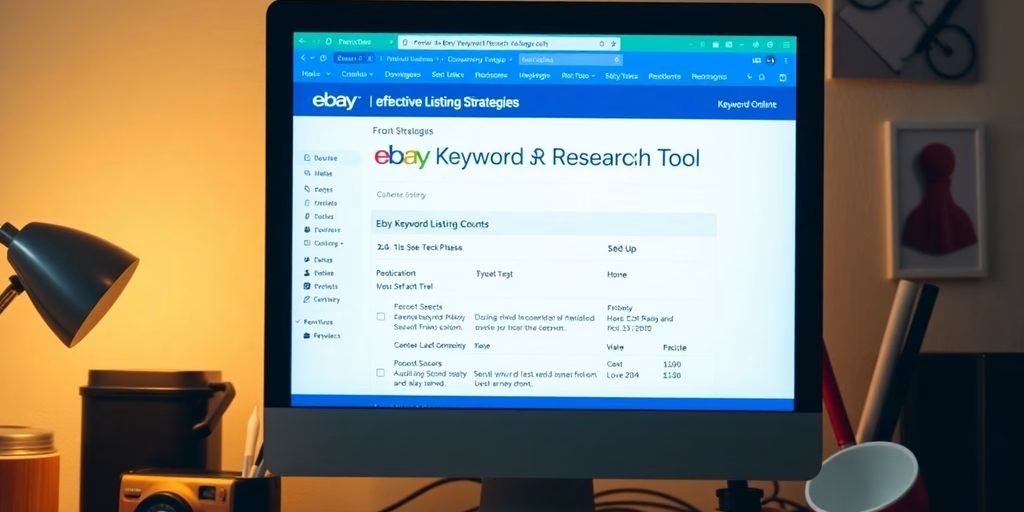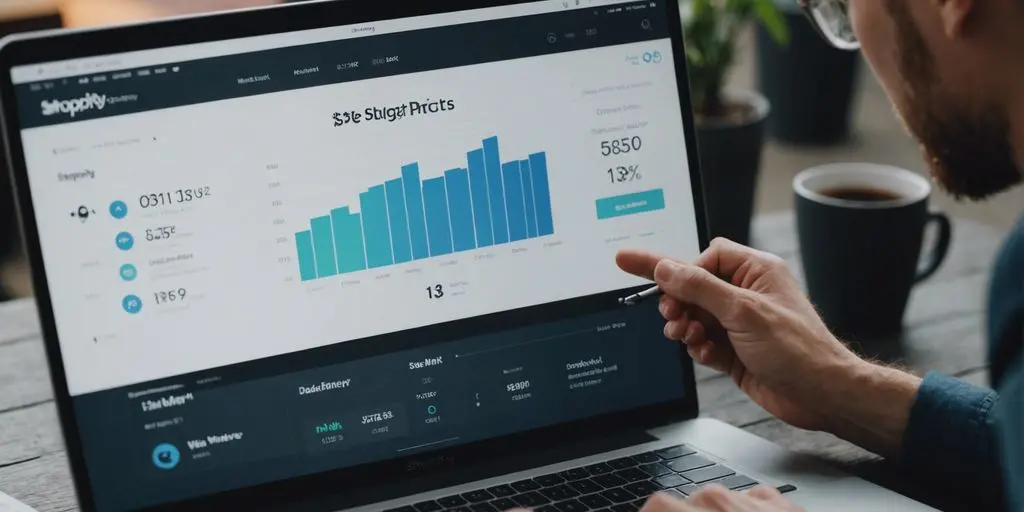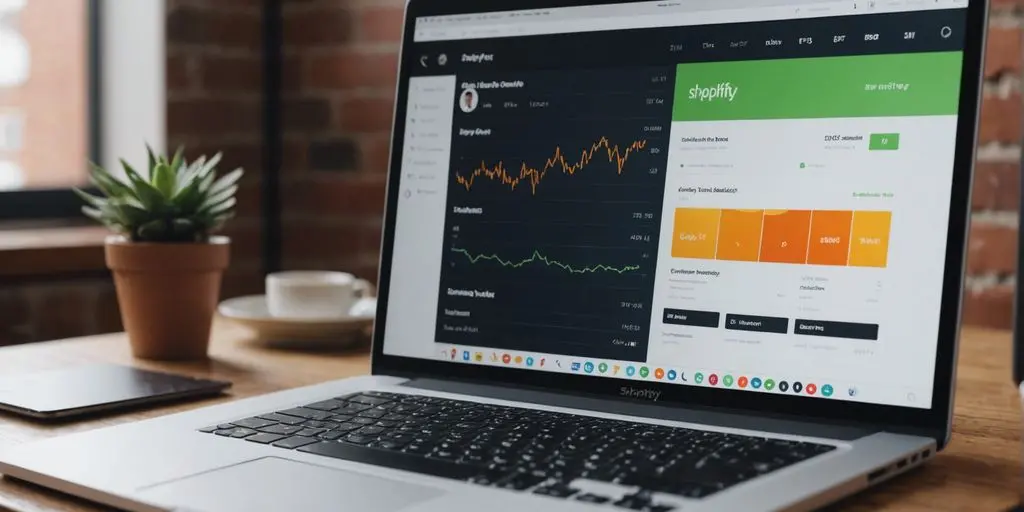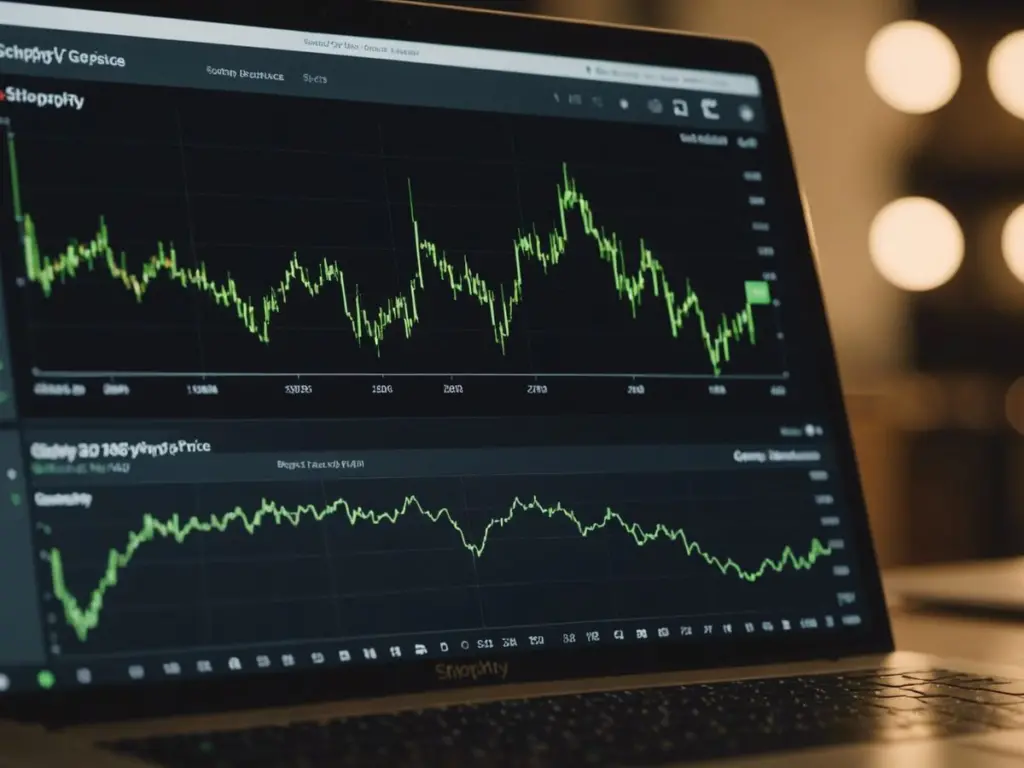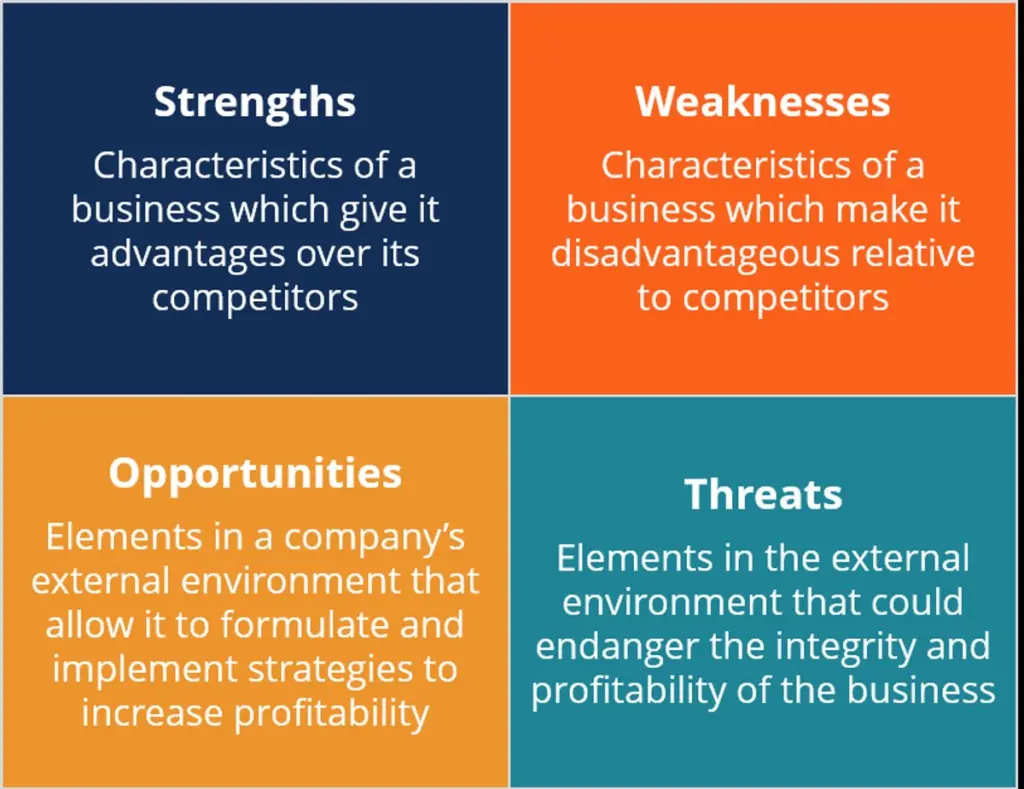Backlinks are like the unsung heroes of SEO. They might not be the flashiest part of your strategy, but when done right, they can make all the difference in climbing those search engine rankings. Think of them as recommendations from other websites, vouching for your content. But not all backlinks are created equal. This guide will walk you through everything you need to know about building high quality backlinks, avoiding common pitfalls, and making the most of your link-building efforts.
Key Takeaways
- High quality backlinks are crucial for improving your website’s SEO and driving organic traffic.
- Not all backlinks are good—focus on relevance and authority rather than sheer numbers.
- Building backlinks requires effort, from creating great content to personalised outreach.
- Avoid shady tactics like buying links or spamming forums, as they can harm your rankings.
- Regularly monitor and clean your backlink profile to keep it healthy and effective.
Why High Quality Backlinks Are so Impactful in SEO
The Role of High Quality Backlinks in Saving Your Rankings
Think of backlinks as the superheroes of the SEO universe. Just like how the Avengers unite to save the world, backlinks work together to rescue your website from the depths of search engine obscurity. Each backlink acts like a vote of confidence, telling Google, “Hey, this site is worth checking out!” The more high-quality links you have, the stronger your website’s authority becomes. But remember, not all heroes wear capes, and not all backlinks are created equal.
How High Quality Backlinks Assemble to Boost Traffic
When top-tier websites link to your content, it’s like Iron Man, Captain America, and Thor showing up at your site’s doorstep. These quality backlinks can:
- Drive organic traffic by bringing their audience to your site.
- Elevate your domain authority, making Google trust you more.
- Improve your rankings on search engine results pages (SERPs).
But here’s the kicker: it’s all about teamwork. A diverse mix of backlinks from relevant, high-authority sources is what makes your SEO strategy truly unstoppable.
Avoiding the Villains: Low-Quality Links
Every superhero story has its villains, and in the backlink world, these are the spammy, low-quality links. They can:
- Drag your rankings down faster than Loki can stir up trouble.
- Get your site penalised by Google, leaving you scrambling to recover.
- Damage your reputation, making you look sketchy to users and search engines alike.
To keep your backlink profile squeaky clean, avoid shady link-building schemes and focus on earning links the right way. After all, no one wants to be the SEO equivalent of a supervillain’s sidekick.
Backlinks are your website’s ultimate allies in the battle for SEO dominance. Choose them wisely, and they’ll help you conquer the SERPs.
The Secret Sauce to Building High Quality Backlinks
Why Content is the Kingpin of Link Building
Let’s be real: without good content, you’re just shouting into the void. Great content is like pizza—it’s universally loved and always shared. Focus on creating stuff that people can’t help but link to. Think data-driven studies, how-to guides, or even a quirky blog post that gets a laugh.
- Start with original research or surprising insights.
- Make your content visually appealing with charts or infographics.
- Keep it fresh—nobody links to stale bread.
The Art of Wooing Influencers for High Quality Backlinks
Winning over influencers isn’t about sliding into their DMs with, “Hey, link to me!” It’s about building a relationship. Start by engaging with their content—comment, share, and show genuine interest. Then, when you approach them, it’s less awkward and more, “Hey, we’re basically mates now.”
- Compliment their work (but keep it classy).
- Offer them something valuable in return, like exclusive content or a mention.
- Be patient; nobody likes a pushy suitor.
Guest Blogging: Your Passport to Authority
Guest blogging is like being invited to a cool party—you get to shine in front of a new crowd. The trick? Only write for sites that align with your niche and have a solid reputation.
- Pitch unique ideas that their audience will love.
- Include one or two links back to your best content.
- Don’t overdo it—nobody likes a guest who overstays their welcome.
Pro Tip: Guest blogging isn’t just about backlinks. It’s also a chance to build your brand and connect with a wider audience.
By focusing on these strategies, you’ll not only build high-quality backlinks but also create a network of relationships and content that works for you long-term. And remember, quality beats quantity every single time.
Backlink Blunders That Could Sink Your SEO Ship
The Perils of Buying Links from Dodgy Dealers
Buying backlinks might sound like a shortcut to SEO glory, but it’s more like buying a fake Rolex—it won’t fool anyone for long. Google’s algorithms are like detectives on a caffeine high, and they will sniff out paid links. The result? A penalty that could send your site rankings plummeting faster than a lead balloon. Instead of shortcuts, invest in creating valuable content that earns genuine backlinks.
Avoid this trap by focusing on quality over quantity. A single backlink from a reputable site outshines a thousand shady ones.
Why Spamming Forums is a Titanic Mistake
Picture this: you’re on a forum, and someone drops a random link with zero context. Annoying, right? Now imagine doing that at scale. Not only does it irritate users, but it also screams “spam” to search engines. Google’s not a fan of this tactic, and your rankings will pay the price.
Instead, engage meaningfully. Share links only when they genuinely add value to the discussion. If it feels forced, it probably is.
How to Spot and Avoid Toxic Backlinks
Not all backlinks are created equal. Some are like gold, while others are digital landmines. Toxic backlinks—those from irrelevant or low-quality sites—can harm your SEO more than help it. Think of them as the junk food of the backlink world: tempting but ultimately damaging.
Here’s how to keep your backlink profile squeaky clean:
- Audit regularly. Use tools to identify harmful links.
- Disavow the bad ones. Tell Google you don’t want credit for spammy links.
- Focus on relevance. Links from sites in your niche carry more weight.
Pro tip: Regular backlink audits are your best defence against SEO disasters. Think of it as spring cleaning for your website.
How to Turn Competitors’ Backlinks Into Your Secret Weapon

The Spy Game: Analysing Competitor High Quality Backlink Profiles
Alright, grab your magnifying glass, because it’s time to play detective. Analysing your competitors’ backlinks isn’t just snooping—it’s smart business. Use tools like Ahrefs or SEMrush to peek into their backlink profiles. Look for patterns: Are they getting links from blogs, news sites, or forums? Spot the gems, like high domain authority sites or niche blogs. The goal? Find out what’s working for them and do it better.
Pro tip: Look at metrics like domain authority, spam score, and traffic estimates to evaluate the quality of these backlinks. Evaluate competitors’ backlinks to avoid wasting time on junk links.
Stealing the Spotlight with Better Content
Here’s the deal: If someone’s linking to your competitor, they might link to you—if you’ve got something better. Create content that’s more detailed, more engaging, or just plain cooler. Did they write a 10-point guide? Write the ultimate 20-point guide. Got a boring infographic? Make one that’s so good it could hang in a museum.
- Focus on share-worthy topics that people can’t resist.
- Use engaging formats like videos or interactive tools.
- Don’t forget SEO basics—Google loves a well-optimised page.
And remember, authenticity matters. Build trust by understanding your audience and delivering content that clicks. Authenticity is crucial for turning visitors into loyal fans.
Tools That Make Competitor Analysis a Breeze
Let’s face it, manual research can be a slog. Thankfully, there are tools to make your life easier:
- Ahrefs: Great for digging into backlink profiles and spotting opportunities.
- SEMrush: Ideal for tracking competitors and finding gaps in their strategy.
- BuzzSumo: Perfect for finding trending topics and influencers.
These tools not only save time but also help you work smarter. Utilising tools like Ahrefs and SEMrush is key to staying ahead in 2023.
Success isn’t about copying your competitors—it’s about outshining them. Be the Beyoncé to their backup dancer.
The Relationship Game: Building High Quality Backlinks Without Being Creepy

How to Slide Into DMs Without Sounding Desperate
Cold outreach doesn’t have to feel like asking someone to prom. The key is to be human. Start by doing your homework—know who you’re contacting and why. Mention something specific about their work or website that genuinely caught your interest. No one likes a generic “Hey, can I have a backlink?” message.
Here’s a simple formula:
- Compliment their work. (Make it sincere!)
- Explain how your content fits their audience.
- Politely suggest collaboration or offer value.
For example: “I loved your article on sustainable gardening tips. I’ve recently published a guide on eco-friendly pest control that might complement it. Would you be open to featuring it?”
The Power of Personalised Outreach Emails
Mass emails are the fast-food equivalent of outreach—quick, but usually disappointing. Instead, craft personalised messages that actually show you care. Address them by name, reference their site, and tailor your pitch. Think of it as sending a thoughtful letter, not a spammy flyer.
A good personalised email might look like this:
Hi [Name],
I came across your blog post on [Topic], and it’s fantastic. I especially enjoyed [specific point]. I’ve recently written something on [related topic] that I think your audience would find helpful. Would you be open to checking it out?
Cheers, [Your Name]
Networking Like a Pro to Earn High Quality Backlinks
Networking isn’t just for awkward business mixers. In the backlink world, it’s about building real connections. Here’s how to make it happen:
- Join relevant communities: Forums, social media groups, and industry events are goldmines for meeting like-minded people.
- Be helpful: Share knowledge, answer questions, and engage in discussions. People are more likely to link to someone they trust.
- Follow up: Relationships don’t grow overnight. Keep the conversation going without being pushy.
Building backlinks is like making friends—it’s about mutual respect, shared interests, and a little bit of effort. Be genuine, and the links will follow.
Monitoring Backlinks: The Sherlock Holmes Approach

Why Regular Backlink Audits Are a Must
Think of your backlinks like a garden. Without regular weeding, the bad ones will choke out the good. A backlink audit is your chance to play detective, sniffing out what’s helping your site grow and what’s dragging it down. Consistency is key, so schedule audits like you would dentist visits—except less painful (hopefully).
Here’s what to look for during an audit:
- Relevance: Are the links pointing to you from sites that make sense?
- Authority: Is the linking site credible, or is it the SEO equivalent of a sketchy alley?
- Toxicity: Watch out for spammy, low-quality links—they’re like weeds in your rankings garden.
Tools to Keep Your High Quality Backlinks Profile Squeaky Clean
Why go it alone when you’ve got tech on your side? Tools like SEMrush and Ahrefs can be your Watson, helping you analyse traffic, keyword rankings, and backlinks. They even flag the dodgy ones! Use them to:
- Identify who’s linking to your site (thanks, Google Search Console!).
- Spot trends in your backlink profile.
- Highlight opportunities for new, high-quality links.
How to Disavow Links Without Breaking a Sweat
Found some rotten backlinks? Time to disavow, which is just a fancy way of saying, “Hey Google, we don’t know these guys.” It’s like ghosting, but for SEO. Here’s how:
- Create a list of the bad links.
- Use Google’s Disavow Tool to upload your list.
- Sit back and let the algorithm do its thing.
A clean backlink profile isn’t just good for rankings—it’s peace of mind for your brand. Keep it tidy, and you’ll sleep easier knowing your SEO is on solid ground.
Context is King: Making Your High Quality Backlinks Work Harder

Why Relevance Beats Quantity Every Time
Let’s get one thing straight: backlinks are not Pokémon—you don’t need to catch ’em all. Google cares less about how many links you have and more about whether they’re actually relevant to your content. A link about dog grooming tips on your tech blog? That’s like wearing flip-flops to a board meeting—completely out of place. Focus on links that make sense for your audience and topic.
Pro Tip: Think of backlinks as recommendations. Would you trust a restaurant review from someone who’s never eaten there? Exactly.
The Magic of Anchor Text Optimisation
Anchor text is like the signpost for your link. If it says “click here,” you’re wasting an opportunity. Instead, use descriptive, keyword-rich phrases. For example, mastering anchor text not only improves user experience but also helps search engines understand your content better.
Here’s a quick cheat sheet for anchor text types:
| Type | Example | Best Use Case |
|---|---|---|
| Exact Match | “SEO tips” | When linking to a page specifically about SEO tips. |
| Partial Match | “Learn SEO with these tips” | To mix keywords naturally into the text. |
| Branded | “YourBrand SEO tools” | To promote your brand while linking. |
| Generic | “Click here” | Avoid unless absolutely necessary. |
Diversifying Your High Quality Backlinks Sources for Maximum Impact
Putting all your eggs in one basket? Not wise. The same goes for high quality backlinks. Diversify your sources to build a robust link profile. Imagine if all your links came from one website—Google might think you’re gaming the system. Instead, aim for a mix:
- Industry Blogs: Write guest posts or collaborate on content.
- Media Outlets: Reach out to journalists for features or quotes.
- Social Media: Share content that naturally earns links.
By spreading your backlink love across various platforms, you’ll look like the well-rounded SEO genius you are.
Context isn’t just king—it’s the entire royal family. Without it, your backlinks are just empty gestures, like a handshake with no eye contact.
Remember, quality over quantity, always. And don’t forget to keep your backlink profile clean—tools like domain authority boosters can help you stay on track. Happy linking!
In the world of online marketing, having strong backlinks is essential. But it’s not just about the number of links; it’s about their quality and relevance. When you focus on the context of your backlinks, you can make them work much harder for you. This means choosing links that truly connect with your content and audience. If you want to learn more about how to improve your high quality backlinks and boost your online presence, visit our website today!
Wrapping It Up: Backlinks Done Right
So, there you have it—high quality backlinks, the unsung heroes of SEO. They’re like the secret ingredient in your nan’s famous pie: you don’t always see them, but boy, do they make a difference. The trick is to focus on quality over quantity. Think of backlinks as friendships—you want meaningful connections, not just a list of random names in your phone. Avoid dodgy shortcuts, keep your content top-notch, and don’t forget to check in on your links now and then. It’s not rocket science, but it does take effort. And hey, if it all feels a bit overwhelming, just remember: even the best SEO experts started somewhere. Now go forth and build those links like the digital wizard you are!
Frequently Asked Questions
What are backlinks and why are they important?
Backlinks are links from one website to another. They act as a vote of confidence, signalling to search engines that your content is valuable. High quality backlinks can improve your website’s search rankings and bring more visitors.
How can I tell if a backlink is high quality?
A high-quality backlink comes from a trusted and relevant website. It should be from a site with good domain authority, use natural anchor text, and be contextually relevant to your content.
Is it bad to buy backlinks?
Yes, buying backlinks is risky and against search engine guidelines. Paid links from low-quality sites can harm your rankings, and search engines might penalise your website if they detect such practises.
What is the best way to earn high quality backlinks?
The best way is to create valuable, shareable content. You can also reach out to relevant websites, write guest posts, and build relationships with industry influencers to naturally earn backlinks.
How can I check my website’s backlinks?
You can use tools like Google Search Console, Ahrefs, or SEMrush to monitor your backlink profile. These tools help identify where your backlinks are coming from and assess their quality.
What should I do if I have toxic backlinks?
Toxic backlinks can harm your site’s SEO. Use tools to identify them and disavow them through Google’s Disavow Tool. Regularly auditing your backlinks helps keep your profile clean and healthy.

![A Comprehensive Guide to Google Play Console Pricing [n8n]](https://cworks.id/wp-content/uploads/2025/09/cover-image-24622.avif)
![Understanding the Google Play Console Price: What Developers Need to Know [arvow]](https://cworks.id/wp-content/uploads/2025/05/4755037cthumbnail.avif)



















